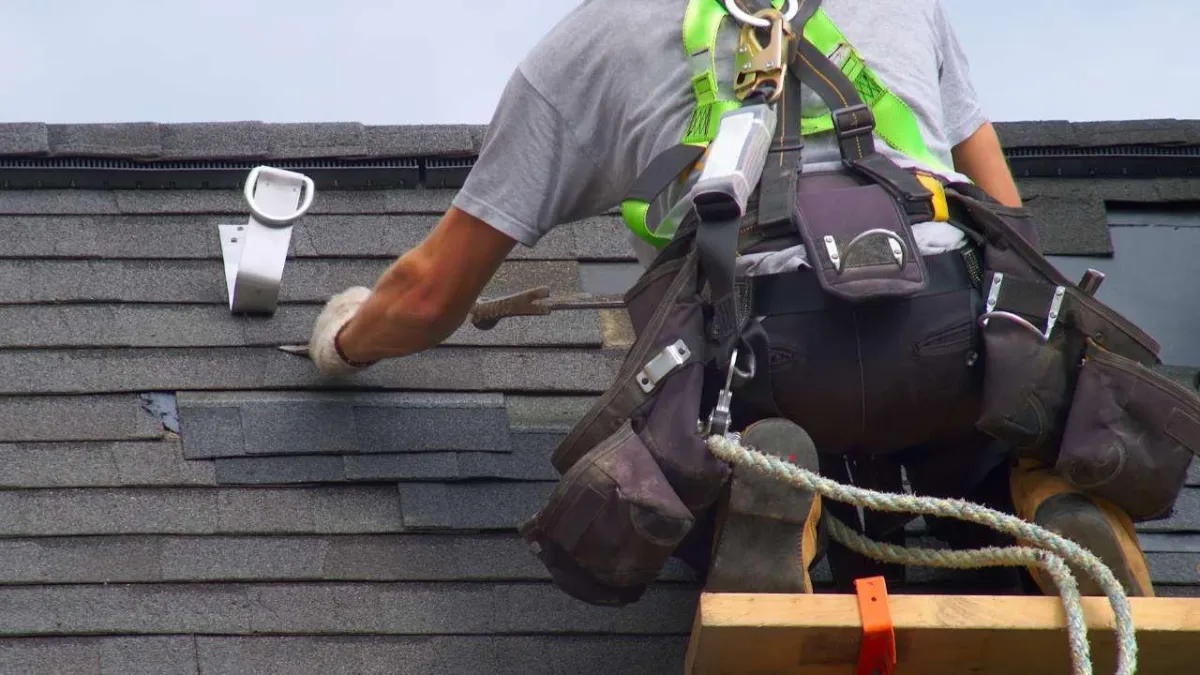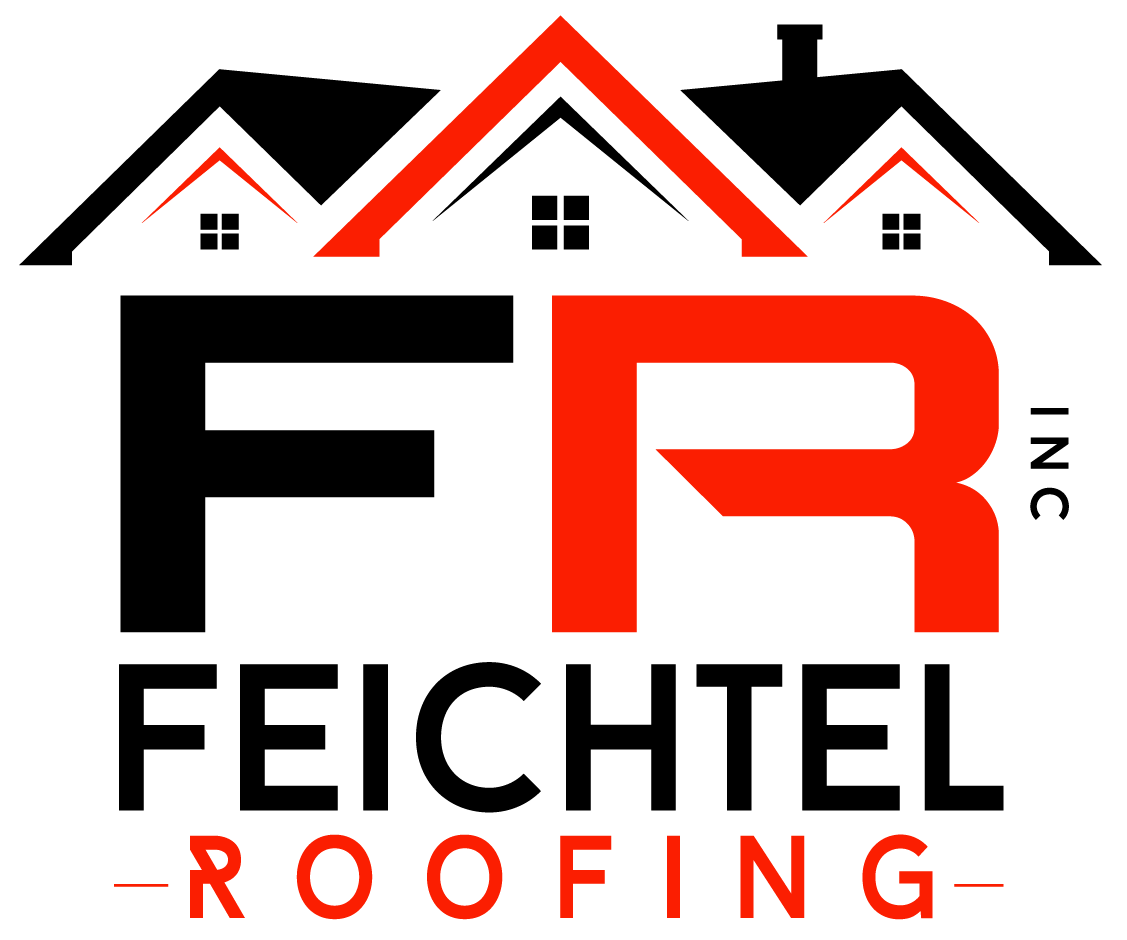
Can You Install New Asphalt Shingles Over Old Ones?
When your roof starts showing signs of wear, you might wonder whether you need to tear everything off or if you can simply layer new shingles over the old. This is a common question for homeowners considering residential roof replacement Lakeland Florida, especially since re-roofing seems quicker and less expensive at first glance. Companies like Feichtel Roofing of Lakeland, with a strong portfolio of successful projects, often get asked whether this is a good idea—or a shortcut that could cost you in the long run.
In this article, we’ll break down the pros, cons, and considerations of installing new asphalt shingles over old ones so you can make a confident decision about your roof.
Why Homeowners Consider Roofing Overlays
Tearing off an existing roof is a big job. It creates a lot of debris, takes more time, and costs more upfront. Because of this, some homeowners are tempted to choose a re-roofing option, where new asphalt shingles are layered on top of the old.
Overlaying can seem appealing for a few reasons:
Lower upfront cost: You avoid tear-off labor and disposal fees.
Faster installation: Crews can finish the job quicker.
Temporary refresh: It gives the home a newer look without the bigger investment.
But while these short-term benefits may sound attractive, it’s important to understand what you may be sacrificing for convenience.
The Potential Drawbacks of Installing Over Old Shingles
Roofing isn’t just about appearance—it’s about protection. Adding new shingles on top of old ones can create several long-term issues:
Weight concerns: Shingles are heavy. Adding a second layer doubles the load on your roof structure.
Hidden damage: Problems like rotting wood, water leaks, or mold might remain undetected if the old shingles are simply covered.
Shortened lifespan: Overlays tend to trap heat, which can cause the shingles to age faster.
Warranty limits: Many manufacturers won’t cover shingles installed over existing layers.
While a re-roof may work as a temporary solution, it usually isn’t the best choice for homeowners who want lasting protection.
Local Building Codes and Practical Limits
Before you decide, check your local building codes. In many areas, including Florida, codes limit how many layers of shingles you can legally have—usually no more than two. If your roof already has two layers, you’re required to tear everything off before adding new material.
In addition, if your roof deck is compromised in any way, layering shingles over it won’t solve the problem. In fact, it might make matters worse by trapping moisture and accelerating damage.
Why a Full Roof Replacement Is Often the Better Choice
While overlays may save money upfront, full replacements usually pay off in the long run. With a complete tear-off, roofers can:
Inspect the deck for rot, leaks, or soft spots.
Replace damaged underlayment for better water protection.
Ensure proper ventilation for energy efficiency.
Provide a clean, solid foundation for new shingles that will last decades.
Think of it like building a new foundation under your house—you wouldn’t put fresh walls on crumbling concrete, and you shouldn’t put new shingles on a failing base.
Case Study: A Smart Replacement Choice
One homeowner in Lakeland tried to patch things by layering shingles. Within just three years, the roof developed leaks because the underlying deck was rotted. They eventually invested in a full replacement, which solved the issue for good. The initial savings from the overlay vanished when repair bills piled up. A tear-off and replacement could have saved time, money, and frustration from the start.
Final Thoughts
Installing new asphalt shingles over old ones can work in limited cases, but it’s rarely the best long-term solution. If you want durability, efficiency, and peace of mind, a complete roof replacement is worth the investment.
If you’re weighing your options, talk to a trusted local contractor who can inspect your roof and give you professional guidance.
Ready to protect your home with a long-lasting roof? Contact a licensed roofer in Lakeland today to discuss the best solution for your home.

